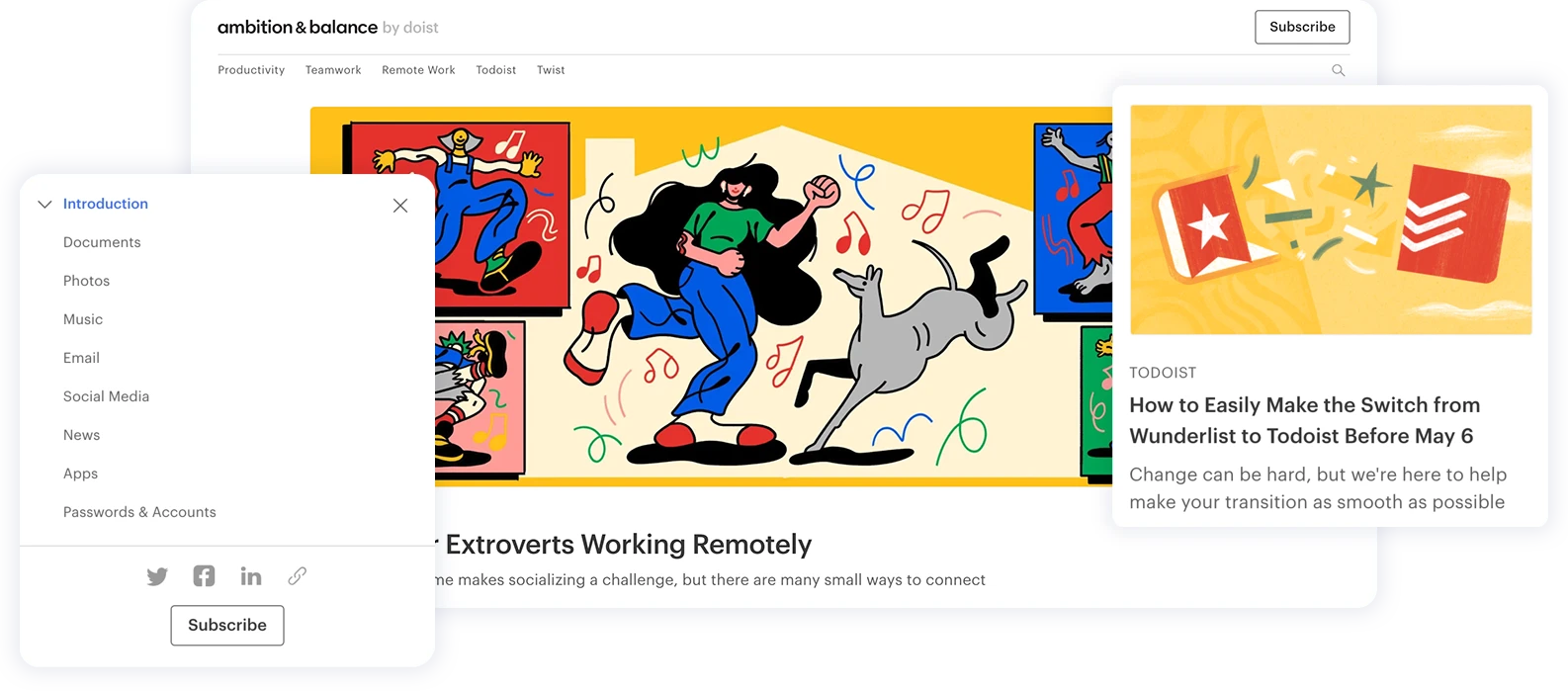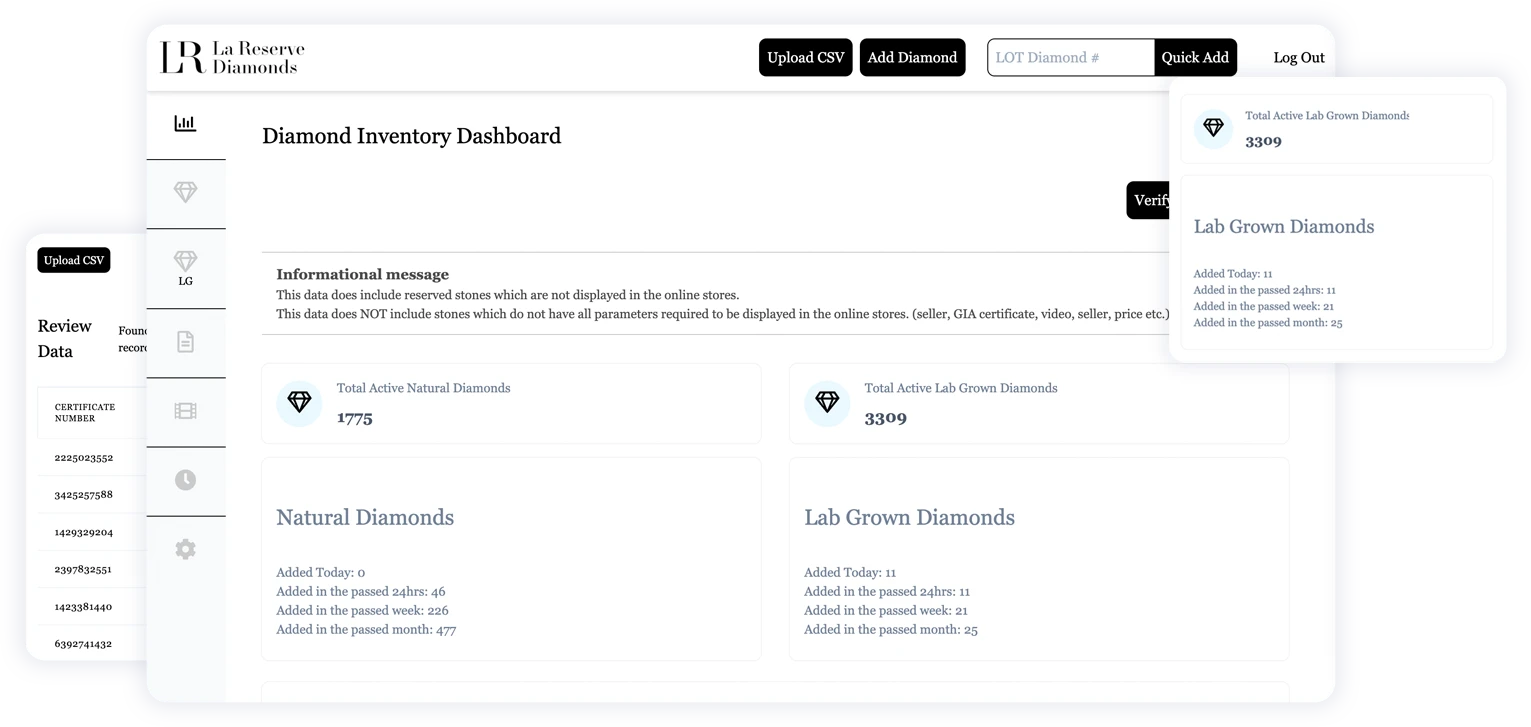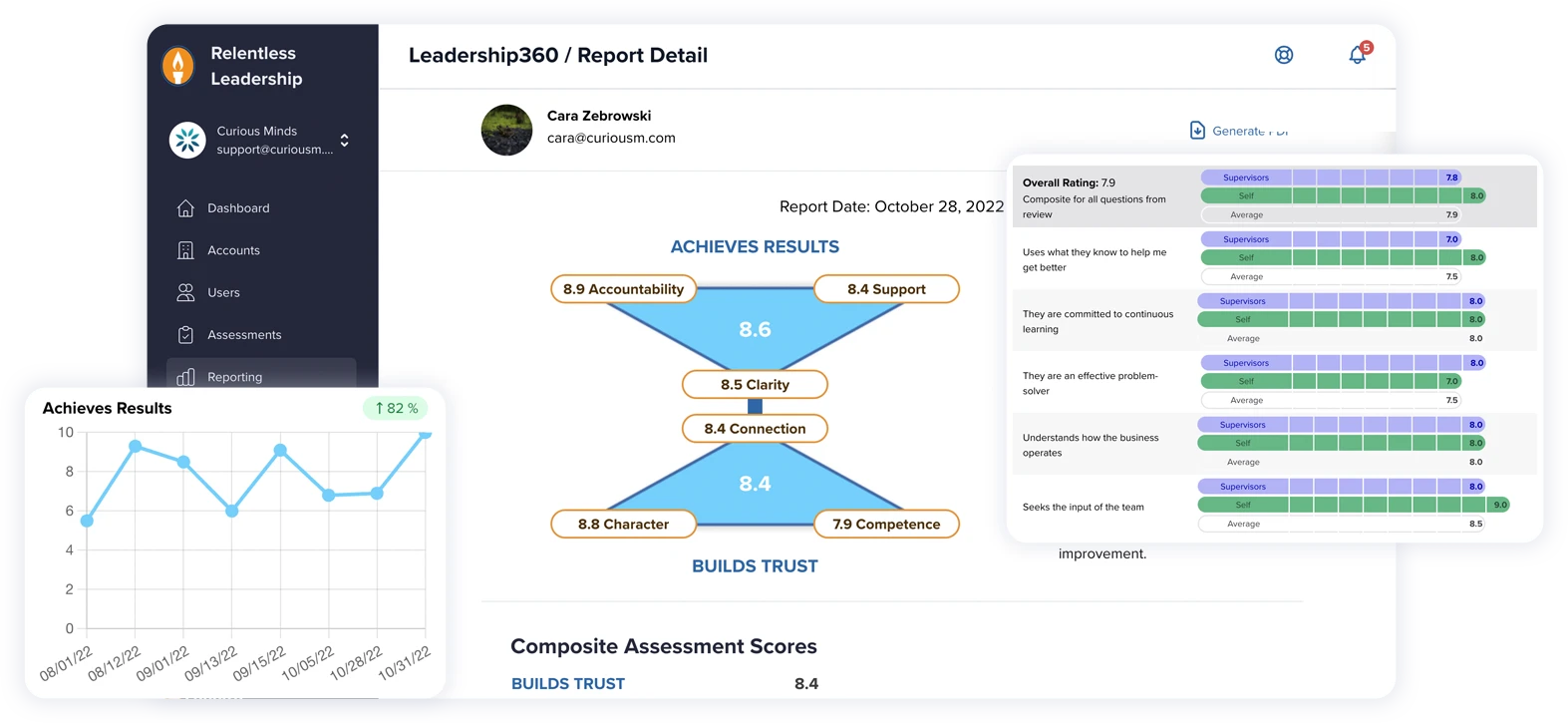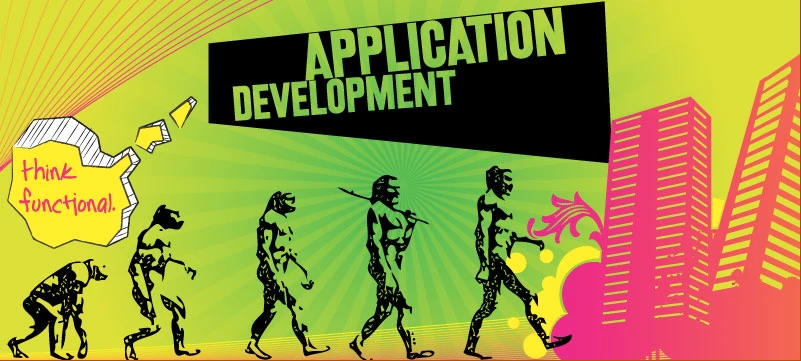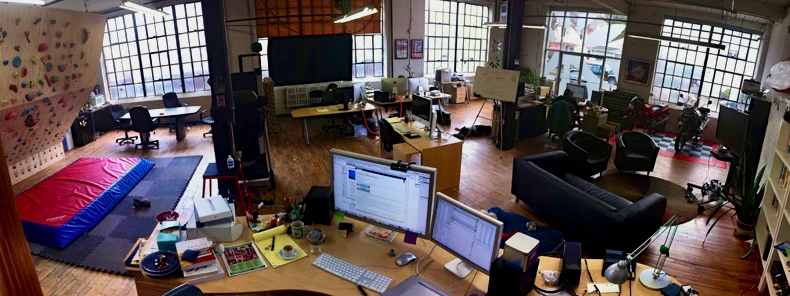It doesn’t matter how many hours of sleep you get, you’re still tired. It feels like there’s a perpetual fog in your brain, making any thought beyond the most basic, like “do I have to use the bathroom,” all but impossible. Nothing at work is going well, and you wonder why you’re even trying, if it’s all going to be terrible. When you actually do feel like eating, you don’t taste anything. It’s all you can do to keep going, get another day done, with another one looming ahead of you in the morning.
If any of this sounds like something describing how you felt in the last year, or ever, congratulations! You experienced burnout. Is it really something to be congratulated for, though?
What Causes Burnout?
Burnout is described as, “a syndrome conceptualized as resulting from chronic workplace stress that has not been successfully managed. It is characterized by feelings of energy depletion or exhaustion; increased feelings of negativism or cynicism related to one’s job; and reduced professional efficacy.” Burnout was considered an official medical condition only in the last few years by the World Health Organization. It’s been a source of debate to decide exactly how to classify it for the last four decades. In addition, burnout hasn’t really been explored beyond healthcare workers, and others in the medical fields. But in the past year, everyone has experienced burnout to some degree.
Besides the causes associated with those in the medical fields, causes of burnout include the following:
Low pay
Long hours
Too heavy a workload
Lacking control on job-related decisions
Conflicting demands
Unclear performance expectations
Unrealistic deadlines
Lack of autonomy
Lack of social support
Few, if any opportunities for promotion
Boredom
Symptoms of Burnout
This last year has proven how harmful burnout is, and how destructive it is to the workplace. Employees experiencing burnout may be highly irritable, or prone to angry outbursts. We all get cranky sometimes, it’s true. But, if someone is constantly lashing out, or constantly on the verge of tears, there’s a much bigger problem than general crankiness.
Fatigue can set in as well. I started dozing off in my car during my commute on more than several occasions at a previous job. And this was while driving on an extremely busy highway. Nonstop exhaustion is hazardous not just for your health, but for those around you.
Ramifications of Burnout
Besides potentially crashing your vehicle into a guardrail, extreme ramifications of burnout can include substance misuse and abuse, high blood pressure, onset Type 2 diabetes, heart disease, and a lowered immune system.
I realized how burned out I was from a job when I went to the dentist for a checkup and discovered I had ground down my molars from clenching and grinding my teeth. My dentist called them “brontosaurus teeth.” And while I was overjoyed at being compared to a dinosaur, I was horrified upon learning that I had actually caused major physical damage to myself. I left that job shortly after that dentists appointment for one with a less stressful commute, and noticed that my jawline changed, because I wasn’t clenching my teeth quite so hard.
No situation is worth harming your health. If you’re too sick to work, what’s the point of putting yourself through all of that in the first place?
Avoid the Burn
There are some immediate steps you can take to help reduce burnout, and prevent it from happening. Some immediate steps you can take are to start practicing healthy ways to manage your stress. Keep in mind that these are only a few ways to manage burnout that I personally use. You can contact your healthcare provider for additional tips to manage and prevent burnout.
-
Exercise
Regular exercise is proven to be an effective tool in managing stress. I go for a walk everyday. If the weather prevents me from going outside, I dance around our conference room table in an adjoining office to some music. Right now, “Shiny” has been my go to song. I also make sure I’m wearing my headphones, and the office doors are closed so I’m not disturbing my coworkers and affecting their stress levels. Just taking a few minutes to move speeds up your heart (in a good way!), releases endorphins, and helps improve your circulation.
-
Support and Communication
-
Communication is a huge factor in how you and your team handle burnout. Are you checking in with each other? Asking how they’re doing? Someone might feel overwhelmed by their workload, or think someone else isn’t pulling their weight. It’s important to not only hear, but listen to your team. They may just need to know you’re paying attention. Being able to empathize with them, and acknowledge how they’re feeling helps them feel validated, and makes finding a solution to an issue that much easier.
Giving your team the opportunity to talk about work in a non-work setting, or socialize after hours is also helpful for your team’s overall health. Sometimes we need to vent for a few minutes.
-
-
Unplug and Unwind
-
It’s becoming more difficult to separate your work day from the rest of your day. We’re all looking at our computers, phones, or watches.
Walk away from your device, even if it’s only for 20 minutes. Turn off the notifications at night. I even lower the light level on every device after a certain time, just in case I’m looking at something at night, to avoid blue light stimulation.
If avoiding electronics is too much, take one small step, and stop checking your work email after you’ve finished for the day. If you’re not expecting an important email that evening, it can probably wait until the morning. Setting boundaries doesn’t make you lazy, or unambitious. You’re choosing to focus on something else at a certain point in the day, which is better for your overall health, and for your job, surprisingly enough.
-
Allow Yourself to Rest
You may be tempted to ignore how you feel, push through, and try to Do It All. Look, you can do it all, it is possible. But it’s impossible to do it all at once. If you’re too burned out to effectively lead your team to success, it’s going to be just as difficult for them to succeed as well. This is one case where the trickle down effect does, in fact, happen. But by taking some time out of your day, and taking care of yourself, you can take better care of your team, which improves everyone’s chances for success.
